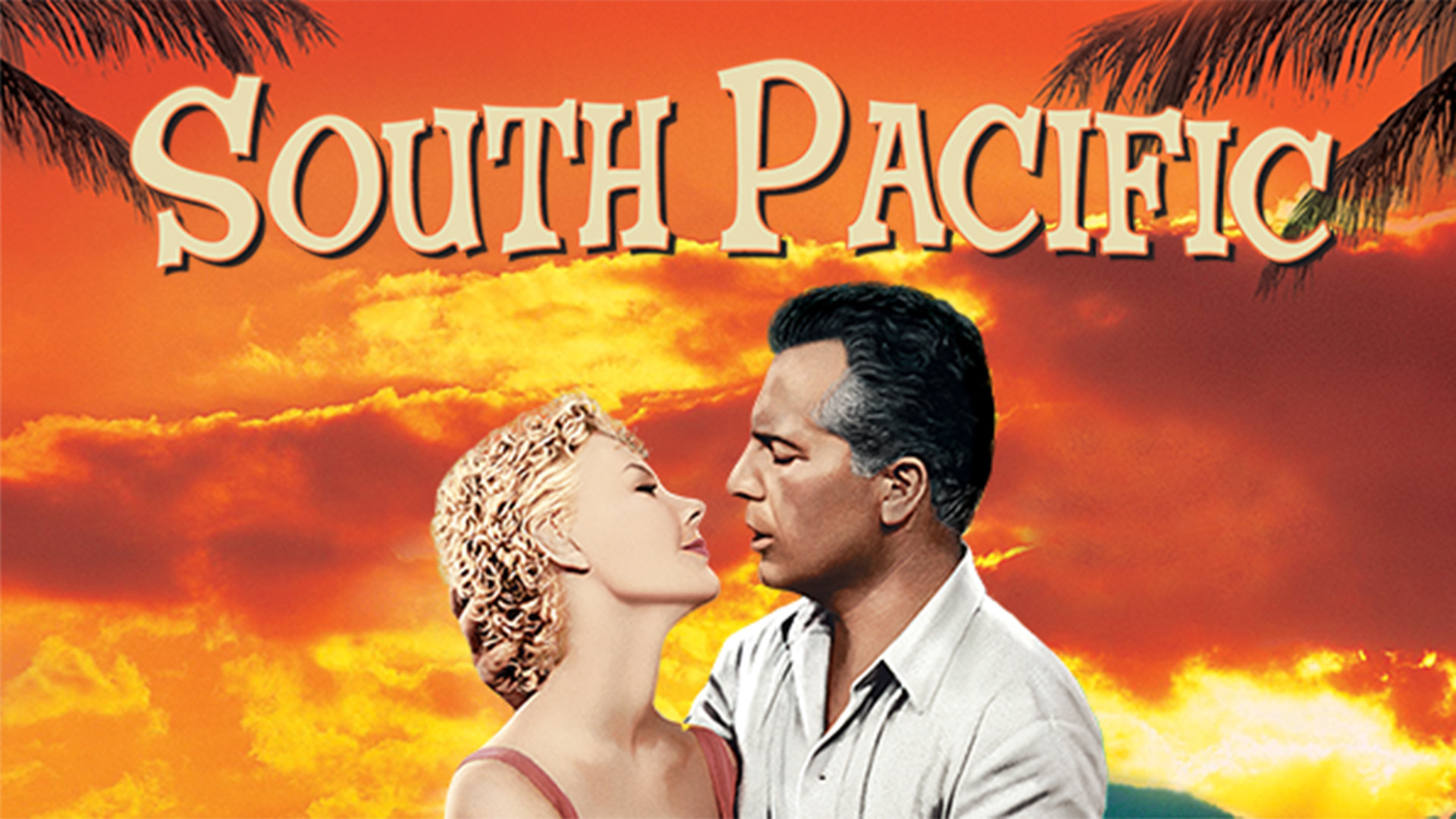Three Stories and a Joke
By Hugh Lowry
CITY SHOP
Many years ago, in the mid-1970s and needing a job to grubstake my transition from Germanna Community College to what was then Mary Washington College, I spent a year employed by the City of Fredericksburg maintenance department, where I worked with asphalt, concrete, and a lot of old men. If anyone reading this is doing the math, yes, I am older now than they were then. And the run-down compound that once housed trucks and tools is now a dog park.
As easy and common as it is for people to make fun of city workers, they deserve more credit for their service than they get. My mother worked in the city treasurer’s office and used some pull to get me hired. She pointed out that in addition to performing the ordinary jobs assigned, the maintenance crew was the city’s standby work force—on call for dealing with snow removal, flooding, traffic problems, fallen trees, etc.
Some of the old guys had hired on at the shop to finish out their working years at a job with some benefits, even if the pay wasn’t great. They brought a good deal of experience, which they shared with young whippersnappers like me.
When it rained and the trucks couldn’t go out, everyone sat on benches in a cinder block outbuilding. And there we stayed, or else we didn’t get paid for that day. Then the old stories were told, and retold, fragments of which I can still recall.
“Remember when we had to use the WWII jeep thing while our dump truck was in the shop, and Jep couldn’t shift gears without shaking us till our teeth rattled? Commenced to calling him ‘Shake, rattle, and stall’ we did. Jimmy took over when Jep cussed and gave up. Durned if she didn’t roll through the gears smooth as silk. Jep took over and right back to ‘Shake, rattle, and stall.’”
“How long was it till Jimmy explained ‘double clutching’ to him?”
“Well, he weren’t in any rush to tell him.”
“Now I know Packy ain’t got no teeth, so I offer him my apple by way of a tease. Danged if that old boy’s gums ain’t so tough he bites right into it. I says ‘Man you ain’t got no teeth!’ And he says, ‘No, but I got me an apple.’”
On and on it went one particular rainy day until I zoned out. I was the odd kid with a side bag they called a purse, and it wasn’t long before I pulled out a book.
One of the old guys noticed. “What’s that you reading?”
“Crime and Punishment,” I told him.
“You gonna be a lawyer or something?” came the amused response.
I joined in on the laughter. “Yes, and you better be good to me cuz you may need me someday.”
I knew I wasn’t exactly one of them, but we got along pretty well. Unfortunately, some higher-up fellow didn’t think much of how I was whiling away the time.
“Not paying you to read on the job,” a supervisor told me when he walked into the shop. “If you’re bored, you can do some cleanup and organizing in the back of the office.”
On another rainy day, the shop secretary came in and handed one of the old guys a note. He looked at it for a minute and thanked her. Later he found me when we were alone and asked me to read it to him. I smiled and did. The note said his account somewhere was in arrears, and he had seven days until they took action. He thanked me, and nothing more was said.
Some months later, a representative from the Virginia Department of Motor Vehicles showed up to check the eyesight of all city shop drivers, which was virtually all of us employees. I noticed some workers were having trouble with “Read the letters on this row,” so I pretended to have something in my eye and asked the DMV man to take a look and see if he could find anything in there.
While we stepped away from the other workers, I whispered that some of the men couldn’t read, and if the DMV was only interested in checking their vision would it be possible for him to come up with another test? Maybe ask which end of the big E is open?
The DMV guy agreed and changed things up. In the end, only one of my co-workers needed glasses, and the sting of shame was averted.
WOKE UP
I always thought looking out for one another was a given. Recently, though, I found myself pondering this wokeness issue, wondering how it came to be a rallying cry for so many when it just seems like common decency to show consideration for how we communicate with other folks. Surely we all agree that using the N-word is inappropriate, but if the anti-woke movement catches hold, will we go back to using this and other vestiges of intolerance?
Some years ago, before I ever heard of woke issues, there was the Washington Redskins name controversy. One day when I was enjoying a round of Frisbee golf at Pratt Park with friends, the subject of changing the name came up. One fan saw no reason to change the name of his beloved team.
This man was a fine, intelligent fellow. He graduated from Virginia Tech and went back to helping on his father’s farm. When I asked if he would mind the team being renamed the Washington Rednecks, his reaction was immediate and negative: “I wouldn’t like that at all.”
Now, he wasn’t ashamed of his farmer’s tan or his upbringing, and he had no reason to be. His objection to “redneck” was based not on the word in and of itself, but rather the associations, the connotations that went along with it. Without going into those connotations, surely we can agree that it is an ugly act to portray many good people with a sweeping and unfair generalization. It can deny someone’s individuality and foster an unfair stereotype. Being woke is not evil, nor is it a burden.
We all ought to try it.
MUSIC TO THE EARS
“I’m as corny as Kansas in August, high as a flag on the Fourth of July.”
Ah, the joyful escape to a Broadway musical, considering in particular South Pacific, in which American sailors and nurses dance and sing their days away during World War II.
With the beautiful setting of tropical islands, the war takes a back seat to the story. No surprise that some take a dim view of this and many a musical comedy. But there is a deeper theme underneath the catchy tunes and the melodic numbers.
The plot revolves around two budding romances that suffer from a similar difficulty: Americans being slow to accept other cultures. Nurse Nellie finds herself attracted to the Frenchman Emile, but when she realizes that his children are mixed-race—their mother was an island woman who died—the specter of miscegenation stuns her, and Nellie runs away.
Meanwhile, another character, Lt. Cable, falls in love with Liat, a lovely “younger than springtime” island girl. But where is the future for them if he can’t possibly bring her back to Philadelphia after the war, where he plans to join the very respectable firm of Cable, Cable, and Cable? Omnia vincit amor? Not always. No, not even in musicals. Cable will strike the discordant note as he sings in his solo, “You’ve got to be taught to be afraid of people whose eyes are oddly made and people whose skin is a different shade.”
Nellie returns to Emile, overcoming her prejudices. Given her change of attitude and Lt. Cable’s acknowledgement of indoctrination, this show suggests that maybe there was a time when our national consciousness was not so concerned with weakening our bloodlines, even if some people are trying to scare us with that threat these days. Let’s remember that this show made it to the stage within five years of the end of the war, and ask ourselves, “Where did our humanity go?”
From musicals to fairy tales, once upon a time Americans were ready to embrace diversity and work together to repair this world.
On to the important business:
Knock, knock.
Who’s there?
Sam and Janet.
Sam and Janet who?
Sam and Janet evening, you may see a stranger….
***
Hugh Lowry is a reformed New Englander who graduated from Mary Washington College in 1977 where he majored in Frisbee.


